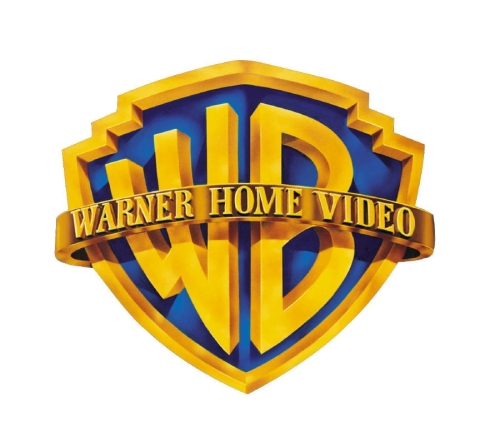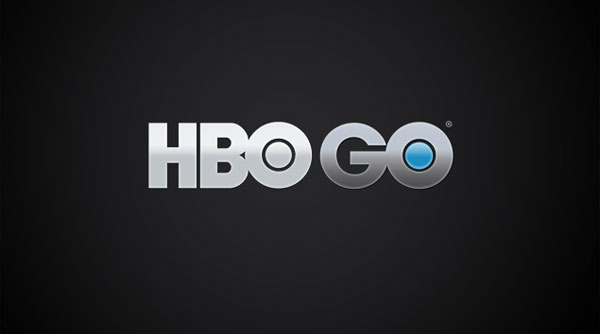Warner Bros. Doubles Netflix Waiting Period for New DVDs
After aggravating its entire fan base with raised rates for streaming and then both
proposing and
scrapping a separation of streaming and mail services, things seemed to be looking a little better for
Netflix. The online movie streaming and DVD-by-mail company
signed a big deal with DreamWorks Animation and just recently launched in the U.K. But now a major studio has made a big move against Netflix that could hurt its viability with customers wanting new release DVD rentals.
Warner Bros. Home Enterntainment has announced that it will extend the waiting period for a new release from 28 days to 56 days, a decision it has been
mulling over since October. In other words, let's say you want to see Warner Bros. newly released film
Contagion, which came out on DVD Jan. 3. You would have to wait until Mar. 1 to get the film from Netflix, which is about six months after it came out in theaters.
Netflix and its customers now have to be concerned that the other 28-day window studios (Sony, Paramount and Fox) will make a similar move. Currently Disney, Lionsgate and Summit Entertainment (soon to be part of Lionsgate) are the only major studios to turn copies of their films over to Netflix on Day 1.

Here's a bit from the press release:
"Since we implemented a 28-day window for subscription and kiosk, we have seen very positive results with regard to our sell-through business," said Mark Horak, president, Warner Home Video North America. "One of the key initiatives for Warner Bros. is to improve the value of ownership for the consumer and the extension of the rental window – along with our support of UltraViolet – is an important piece of that strategy."
I doubt that more DVDs will be sold thanks to anxious Netflix customers, so it looks to me like more of a move on principle to keep holding back the digital revolution, in which movies have always been the stubborn mule. In the brick-and-mortar rental days of Blockbuster, studios made VHS and eventually DVDs available instantly for these stores as they must not have threatened the sell-through business. But transfer that same thing over to digital business and we have a freak-out.
If Warner Bros. really wants to emphasize purchase and ownership with UltraViolet as the way to digitally organize one's movies, then it should delay everything across the board. Start with Redbox, Netflix's low-cost competitor. Redbox also has to wait 28 days for films from the aforementioned studios. Then there's iTunes and premium cable on-demand services which offer rentals for usually $4-5. Those examples alone prove that a price model exists that studios can be happy with, so why is Netflix having so much trouble?
HBO has also just announced a similar roadblock to Netflix, but it makes a bit more sense. The premium entertainment provider has decided to
stop providing discs to the company at a discounted price. Now Netflix will have to buy discs at retail value to continue to provide them to customers, a harsh move considering all discs are valued the exact same in the Netflix price model.

The difference is that HBO is a premium content provider and more of a direct competitor with Netflix. Their model has always been that they make their own great content, get exclusive deal to show studio films before they arrive on DVD, and make people pay more for it. Since the company launched HBO Go, its own streaming service for its customers, Netflix has been even more of a competitor. It also didn't help that the
DreamWorks deal meant the animation studio was hedging its bets with Netflix and not HBO. If Showtime and Starz (once its own deal with Netflix
expires in February) should follow suit with the disc costs, the question becomes whether Netflix will eat that cost, or it will work its way down to the consumer. My guess is they won't want to get rid of it entirely, or the premium channels win.
I know I'd be okay paying an extra dollar for each time I wanted to see a new release or for premium content, but only if it were streaming as waiting for something in the mail you just paid extra money for would be frustrating. People like to rent movies and they prefer quickly and conveniently. The immediacy of iTunes and on-demand is something people are more inclined to pay for provided it's content with a perceived higher value such as premium TV or a new-release movie.
The reason blows continue to be dealt to Netflix is result of how much the company got away with prior to 2010. Studios and companies like Starz didn't realize how much they would be shooting themselves in the foot to provide Netflix content and Netflix turned it around and gave it to the public for cheap despite knowing full well it wouldn't last forever.
Yet the value of movie ownership will only continue to go down as entertainment is not getting any less digital anytime soon, so it behooves the home entertainment divisions of studios to strike a deal with a digital content provider that has long-term viability and serves their interests.

